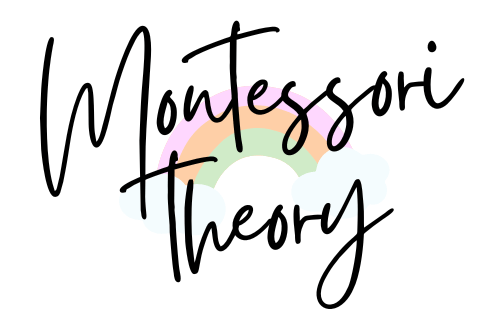Maria Montessori identified four distinct “Planes of Development” in her observations of children’s growth, each spanning approximately six years and characterized by specific developmental milestones and learning characteristics. These planes are:
- First Plane (0-6 years): Focuses on the Absorbent Mind, where children effortlessly absorb information from their environment. This plane emphasizes sensory exploration and the development of language and movement.
- Second Plane (6-12 years): Characterized by the reasoning mind, a growing imagination, and a sense of social belonging. Children become more curious about the world and interested in moral reasoning and justice.
- Third Plane (12-18 years): Marks adolescence and the emergence of the social self. This period involves emotional changes, identity exploration, and the development of critical thinking and independence.
- Fourth Plane (18-24 years): Concerns young adulthood, focusing on personal and societal contribution, finding one’s place in the world, and pursuing higher education or vocational training.
Each plane guides the Montessori curriculum’s design and the prepared environment, ensuring that educational activities and approaches are developmentally appropriate and meet the changing needs and interests of the child. This holistic view of development underpins the Montessori method’s effectiveness across different ages, supporting a continuous and harmonious growth process.
